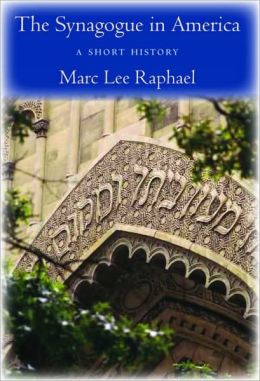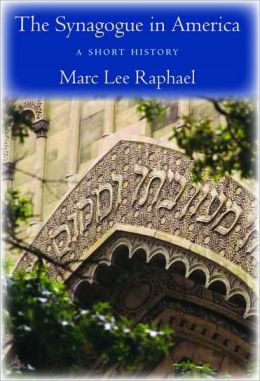Category Archives: Orthodoxy
A Brief, Sociological Sketch of the Modern Orthodox in America
Some Wacky Results about Orthodox Jews in the Pew Forum Report on Jewish Americans
“…when a city becomes a Charedi city, the other residents, if they are smart and if they can, should run for their lives”
Rabbi David Wolkenfeld on why it’s important for committed Jewish students to be connected on-campus
“Modern Orthodoxy is Modern. But it is also Orthodoxy.”
“The existence of agunot is the ugliest moral scar on the face of Orthodox Judaism, bar none”
Rabbi Jonathan Sacks believes that Modern Orthodox Jews will be leading the American Jewish Community
This gallery contains 0 photos.
“It has become really clear that Orthodoxy is the only element of the Jewish...Zionism was a matter that Orthodox rabbis sermonized in the 1920s and 1930s
This gallery contains 0 photos.
In one area especially, Judaic beliefs and contemporary events intersected—Zionism. Nearly every Orthodox rabbi...“Orthodox rabbis rarely made any comments on the events unfolding on the American scene in the 1920s or early 1930s”
…Orthodox rabbis rarely made any comments on the events unfolding on the American scene in the 1920s or early 1930s. They generally ignored race, immigration, pacifism, isolationism, the League of Nations, lynching, Sacco and Vanzetti, civil liberties, the Klan, racial segregation, industrial (textile, railroad) strikes, Einstein’s theory of relativity, modern technology, modern war, Prohibition, economic warfare, Bolshevism, political events in Europe, and the Depression. Only with the rise of the Nazis and the 1939 White Paper that drastically curtailed Jewish immigration to Palestine, did European events become part of their sermons. Instead, they talked about Torah (which, all Orthodox rabbis agreed, God had revealed verbally to Moses at Mt. Sinai), commandments (“word of God,” they all agreed), ceremonies, customs, observances, rituals, holidays, festivals, and themes associated with the calendrical events in the Jewish/Judaic year. The scientific and philosophical literature of their day was useful primarily to support the conclusions of Judaic values and beliefs.
Marc Lee Raphael, The Synagogue in America: A Short History (New York & London: New York University Press, 2011), 90.

